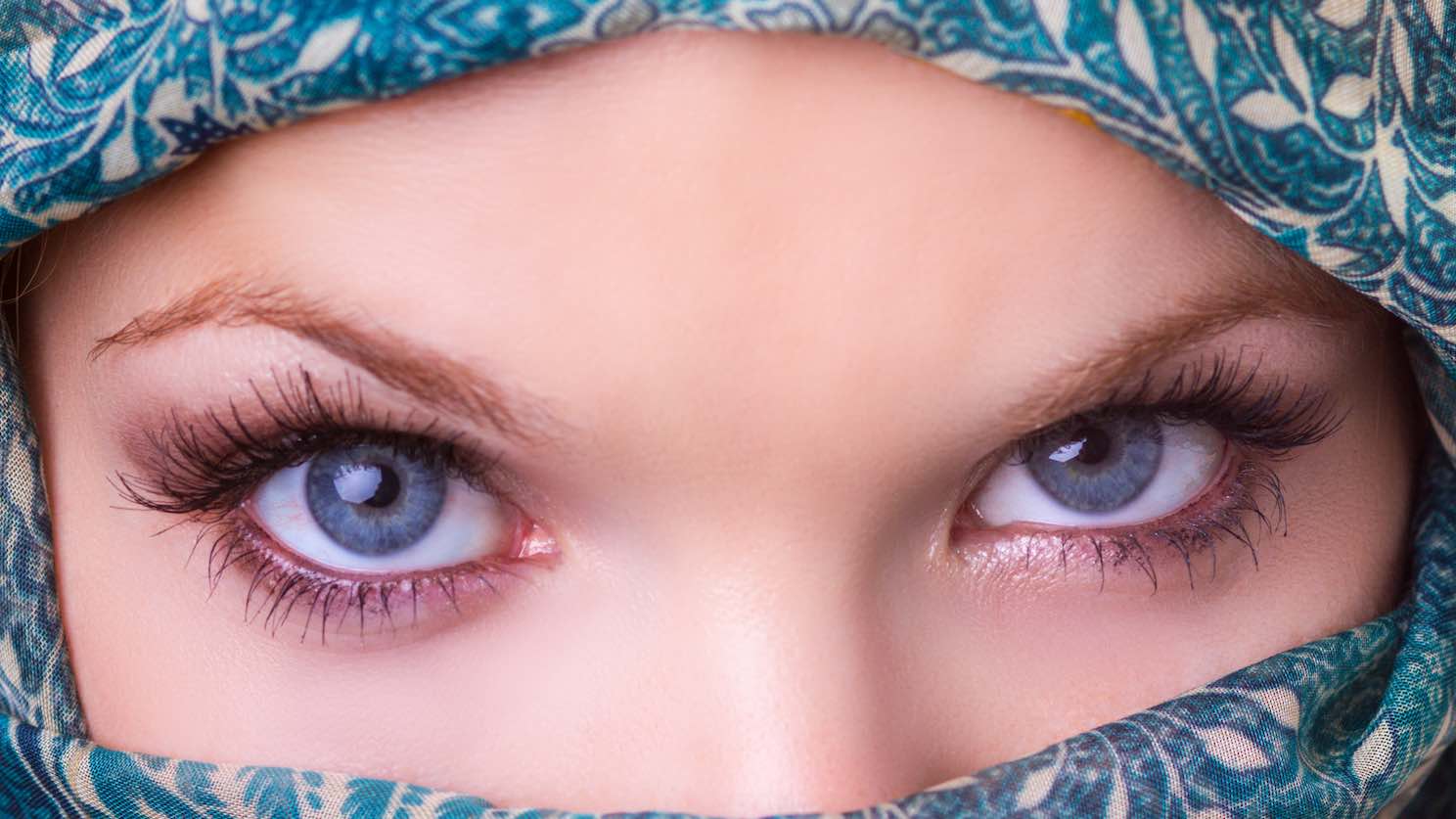At Costhetics, we were surprised to learn that, in Afghanistan, cosmetic enhancement is described with phrases such as
- Freedom of choice
- The promise of emancipation
- Symbol of free choice
- New-found freedom
Have you ever thought of cosmetic surgery as a political statement? If not, we hope you’ll enjoy this article that looks at the evolution of cosmetic enhancement in the Middle East and why patients are being dubbed symbols of a new Afghanistan.
Costhetics Screening Room: Nip, Tuck, Kabul
At the end of the 20th Century, scar revision was the most widely performed cosmetic procedure in Afghanistan. Since 2000, however, there has been a growing interest in
- Nose jobs
- Facelifts
- Breast enhancement procedures
Eyebrow tattoos and hair transplants are also popular among younger men.
In 2012, documentary filmmakers created Nip, Tuck, Kabul for the UK’s Channel 4. It explored Afghanistan’s cosmetic surgery boom and its relationship to bigger social issues of race, ethnicity, and gender hierarchy, along with a global standard of beauty. A growing middle class is inspired by now-available international notions of female beauty imported from Bollywood, TV and a lifting of travel restrictions.
“Many people’s perceptions of life and sex change upon their return from a trip to a less conservative place… Her husband travels to a liberal, more open city like Dubai, probably sees beautiful and in-shape women and upon his return home, he dislikes his wife’s shape and even approves her visiting a plastic surgeon,” – Dr Aminullah Hamkar, Hamkar Plastic Surgery Hospital, Kabul
Costhetics Weighs Affordable vs. Successful Cosmetic Surgery
Most cosmetic operations are done under local anaesthetic to cut costs. Other cost-saving measures include the use of cartilage from a rib, carved to the right shape, rather than a silicon implant. In fact, prices for cosmetic surgery in Kabul are so low that the BBC reports that customers are coming from abroad for cut-rate cosmetic surgery.
“A basic nose alteration in Afghanistan costs in the region of $300-$600 (£187- £375), doctors say. A similar operation in the West can cost up to 10 times more than that.”
The increased demand for and delivery of cosmetic enhancement procedures is not all positive. In the same BBC story, Abdul Ghafar Ghayoor, a plastic surgeon in a hospital in Pakistan, cautions that some Afghan doctors lack the necessary experience to carry out challenging technical surgery.
“I have seen a number of Afghan doctors who have [only] worked for less than a year in Iran, Pakistan, India or Russia… This is why their work is usually not perfect.”
Costhetics applauds the standard bearers in Afghanistan who are seeking to make cosmetic enhancement procedures safe and accessible, and to visiting doctors who are sharing their knowledge with eager-to-learn peers. These hardworking medical professionals are part of a global community of men and women who have dedicated their lives to improving the lives of others.
